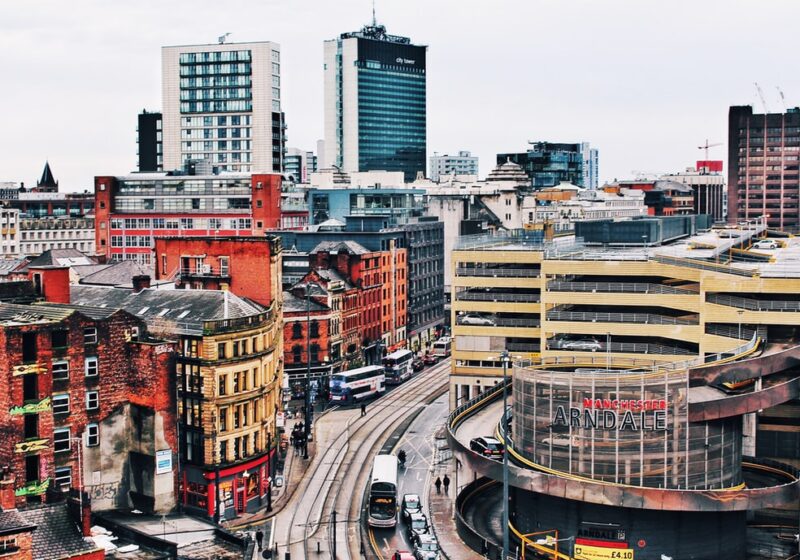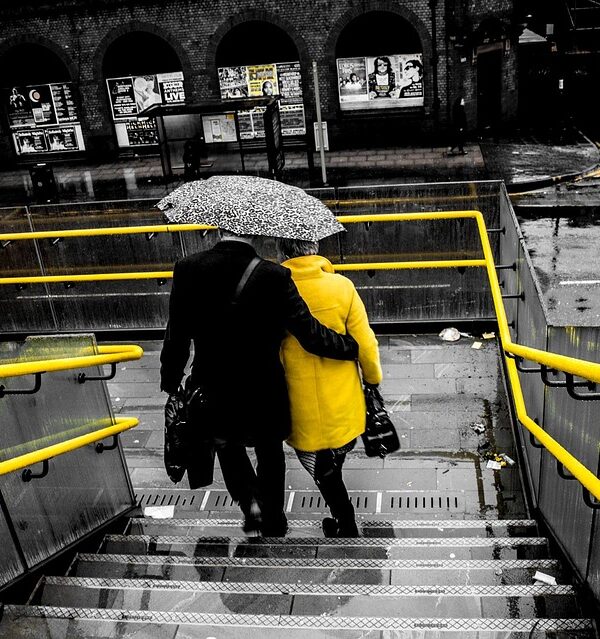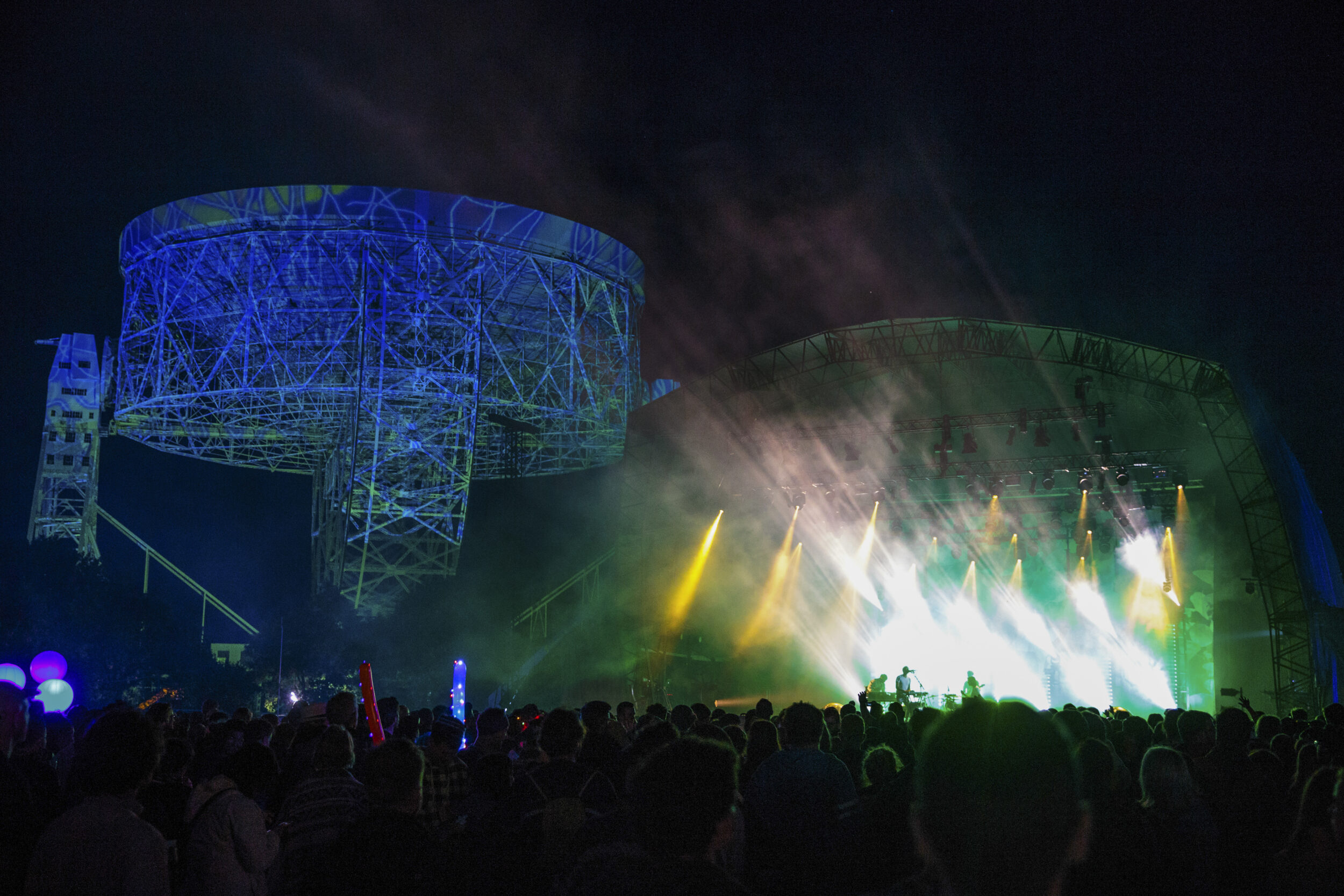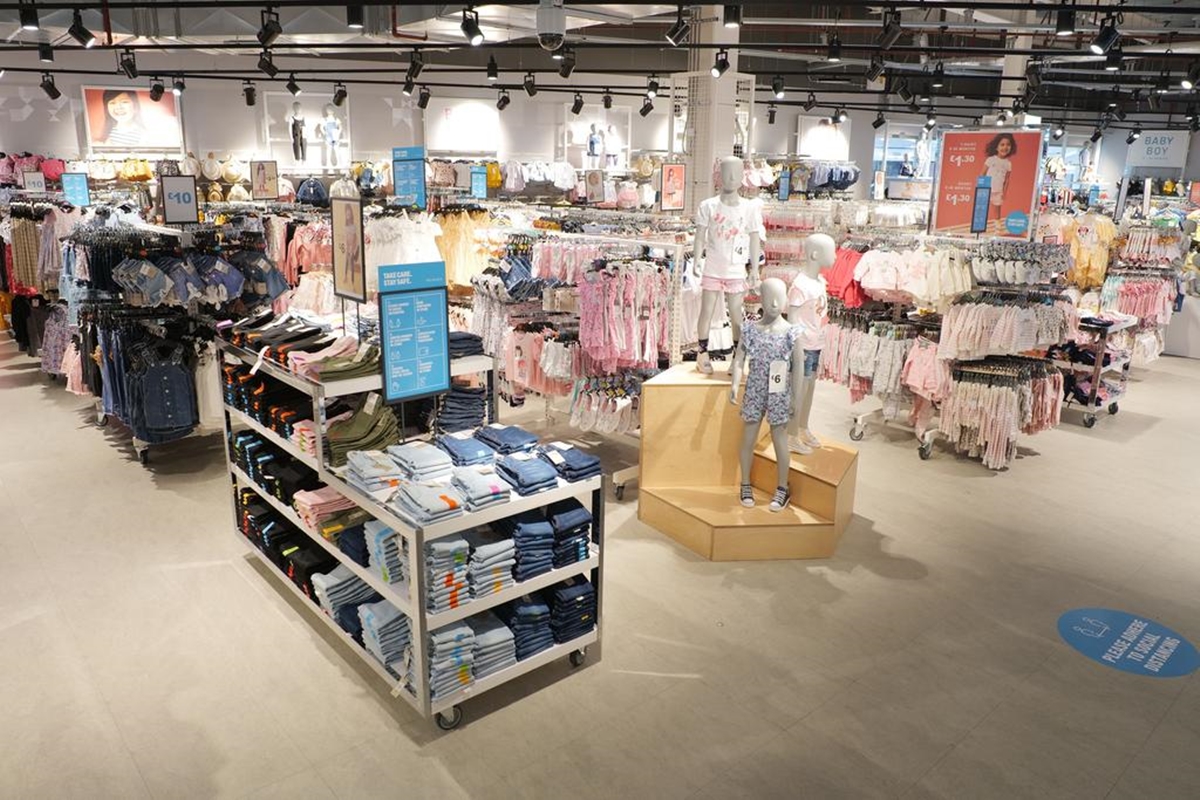To us, Manchester is the greatest city in the world regardless of exterior accolade. The community spirit and opportunity Manchester offers its inhabitants makes it one of the best places in the world to live. Inclusive and innovative are just a few words that spring to mind when thinking of our great city, but there may be many things you never knew about the North West hub.
Looking at everything from scientific discoveries to weird and wonderful trivia, we have put together a list of interesting Manchester facts to show just why our city is so influential around the world.
1. The first law in thermodynamics was discovered
Taking place in Manchester in 1850, James Prescott Joule made the discovery which helped shape the science we know today.
2. The start of professional football
The Football League dates back to 1888, where a meeting at the Royal Hotel in Manchester saw the start of professional football as an acknowledged sport.
3. The foundations for women’s equality were laid in Manchester
There’s a reason Emmeline Pankhurst has a statue placed in St. Peter’s Square, as Manchester has a long history intertwined with the birth of feminism and is the place where the fight for women’s rights to vote began. Pankhurst founded the Women’s Social and Political Union in her home on Nelson Street in Manchester.
4. The first splitting of the atom at Manchester University
In the early 20th century New Zealand born physicist Earnest Rutherford became the first person to artificially create a nuclear reaction in a laboratory. This discovery led to the birth of the field of nuclear physics and later research by Patrick Blackett (A Manchester University Professor and Nobel Prize winner) would reveal the exact mechanism of Rutherford’s experiment.
5. Home of the UK’s largest regional airport
We Mancs love a getaway to escape the rainy city, which is proven in our local airport being the largest regional location in the country. Currently undergoing extensive refurbishment and expansion we expect our airport to continue to rival Europe’s best as a hub and destination for tourists.
6. The location of the world pie eating championships
Typically held in Harry’s Bar, Wigan (where else?), the world pie eating championships have been going since 1992 and now even feature a vegetarian pie option for competitors. Ahead of the 2016 contest a pie was launched into space to promote the much loved event.
7. The place where graphene was invented
Another triumph for the University of Manchester, graphene was isolated and found by Professor Sir Andre Geim and Professor Sir Kostya Novoselov in 2004. Graphene is made up of a single layer of carbon atoms arranged hexagonally, it is known to be 100 times stronger than steel whilst being vastly lighter and more flexible. Its limits and applications have only just begun to really be tested so expect to hear much more about this wonder material in the near future.
8. Formerly had the nickname ‘Cottonopolis’
In the 19th century Manchester and surrounding Lancashire were the worlds hub of cotton processing thanks to our mechanised mills. It was this booming textile industry that, combined with central Manchesters many banks, legal firms and business offices, earned our metropolis built on cotton the very apt nickname “Cottonopolis”.
9. Where Vimto was invented
Created at Granby Row in Manchester in 1908, Vimto was concocted by Noel Nichols from Blackburn. Nichols was a known wholesaler of herbs, spices and medicines.
10. 25 Nobel prize winners and counting
Manchester University proudly boasts claims to being the study centre for award-winning former staff and students. Currently 25 past Nobel Prize winners are linked to the renowned University and will surely be home to further innovation and discovery with the building of the new Graphene labs.
11. Where the first ever passenger railway was placed
The Liverpool and Manchester Railway was the first inter-city track in the world, opening in September 1830. Today the Museum of Science and Industry inhabits the space which was once the worlds first train station.
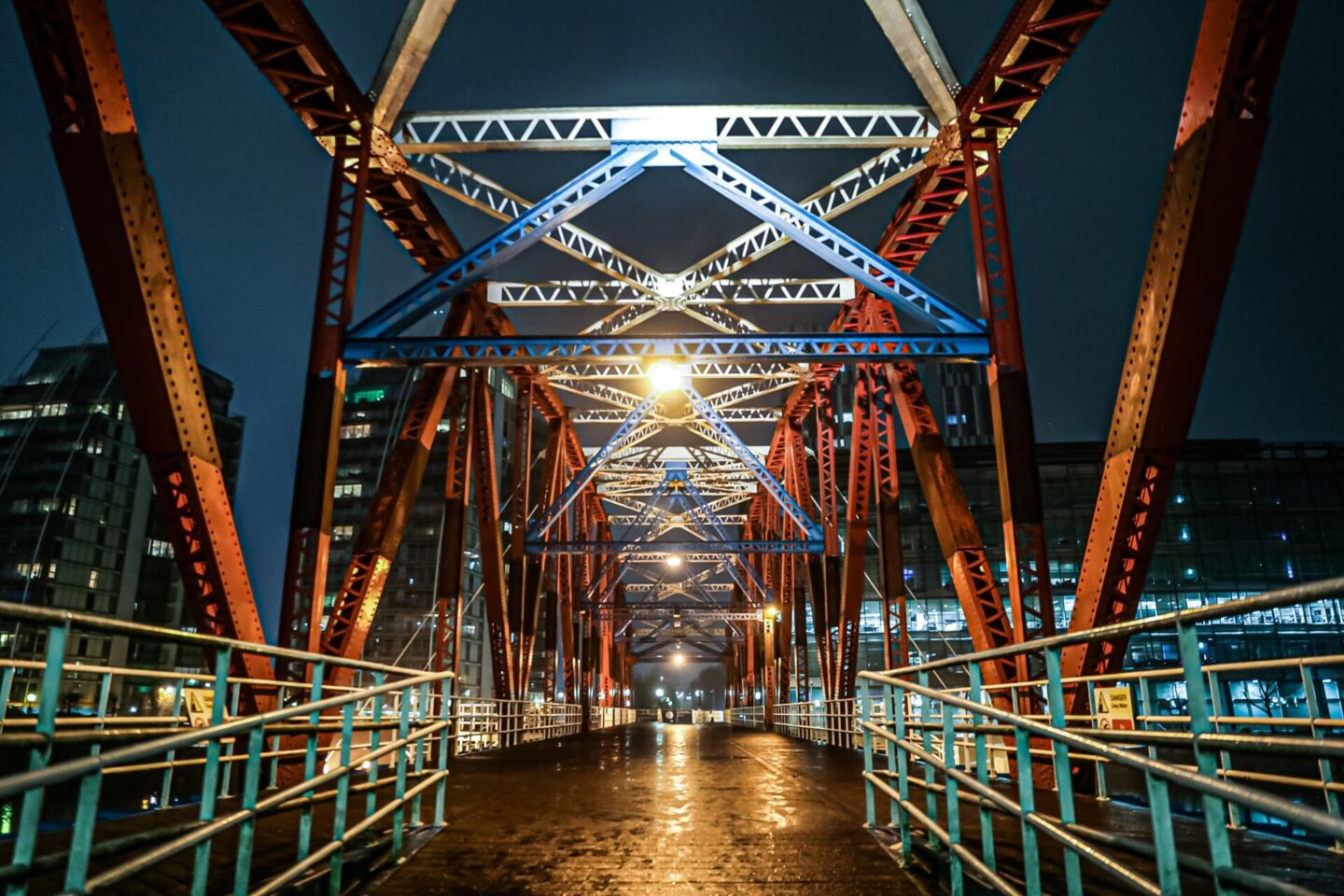
12. Where modern vegetarianism was invented
William Cowherd started the trend of eating no meat, leading to what we now consider vegetarianism, in a Chapel in Salford in 1847.
13. The first artificial waterways in Britain
Dating all the way back to 1761, Bridgewater was Britain’s first artificial waterway (meaning it was independent of natural rivers).
14. Home to the longest running soap
The cobbles of Coronation Street have become the stuff of soap legend, running since 1960.
15. The birthplace of Oasis, The Smiths, Joy Division, The Stone Roses (and many more)
Ok, this isn’t so much an obscure fact, but it is worth noting that Manchester has a long and celebrated history of producing musical talent and influencing the sounds of today.
16. Home of L.S. Lowry
Famous Salfordian artist L.S. Lowry was well known for his depictions of life in the North West and now is the namesake of the theatre and gallery complex on Salford Quays, as well as the shopping centre adjacent.
17. The home of Kelloggs
Kelloggs has been making some of our favourite cereals in their Manchester factory since 1938 and the small Kelloggs bridge can still be seen if you happen to be driving through Trafford.
18. Where the computer was invented
Yet another Manchester University victory, the city was home to where ‘Baby’, the world’s first computer was created by Tom Kilburn and Freddie Williams.
19. Moved from Lancashire to Greater Manchester as a postal county.
Lancashire (or for some Cheshire) was the go-to postal county for Mancs until 1996, when Greater Manchester became a recognised county by Royal Mail.
20. Where the first steamboats operated
The historic moment took place on Manchester’s ship canal in 1773.
21. Named after ‘Breast Shaped Hill’
Apparently named after the point set between two hills near the River Medlock, our city was first dubbed Mamucium by the Romans in AD 79 (translating to ‘breast shaped hills’). Post-Norman Britain saw cities renamed with the word ‘Chester’ included to mark their settlements, resulting in Manchester as we know it today.
22. Home to a positive hub for the LGBTQ+ community
The seeds that would soon grow to become what is now Canal Street started in the 1960s, as a string of inclusive gay bars opened up between Albert Square and Deansgate. Over decades the Gay Village has become a pivotal destination for LGBTQ+ advocates, and Manchester specifically recognised this inclusive mindset by becoming the first city to commission rainbow tiles in the flagstones of our city centre.

